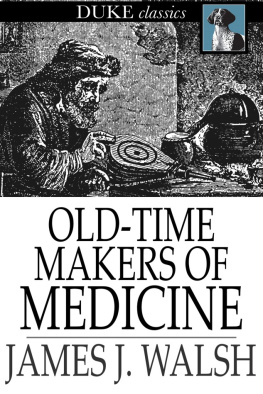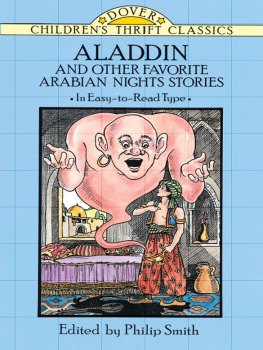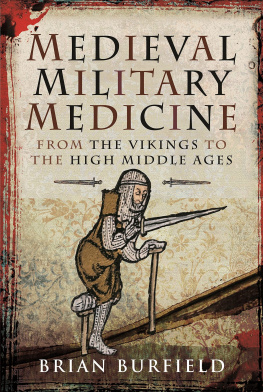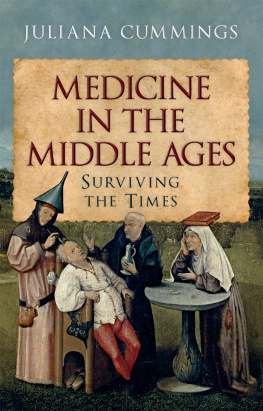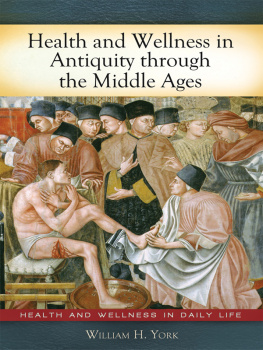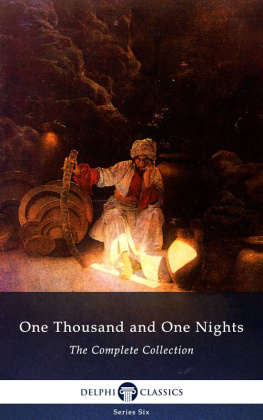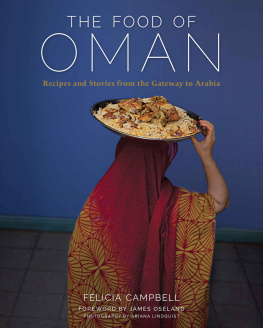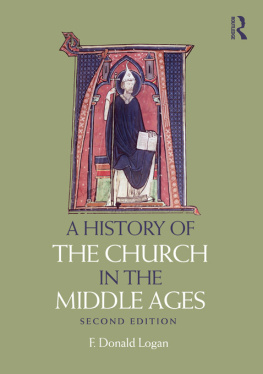Donald Campbell - Arabian Medicine and its Influence on the Middle Ages: Volume I
Here you can read online Donald Campbell - Arabian Medicine and its Influence on the Middle Ages: Volume I full text of the book (entire story) in english for free. Download pdf and epub, get meaning, cover and reviews about this ebook. year: 2013, publisher: Routledge, genre: Religion. Description of the work, (preface) as well as reviews are available. Best literature library LitArk.com created for fans of good reading and offers a wide selection of genres:
Romance novel
Science fiction
Adventure
Detective
Science
History
Home and family
Prose
Art
Politics
Computer
Non-fiction
Religion
Business
Children
Humor
Choose a favorite category and find really read worthwhile books. Enjoy immersion in the world of imagination, feel the emotions of the characters or learn something new for yourself, make an fascinating discovery.

- Book:Arabian Medicine and its Influence on the Middle Ages: Volume I
- Author:
- Publisher:Routledge
- Genre:
- Year:2013
- Rating:3 / 5
- Favourites:Add to favourites
- Your mark:
- 60
- 1
- 2
- 3
- 4
- 5
Arabian Medicine and its Influence on the Middle Ages: Volume I: summary, description and annotation
We offer to read an annotation, description, summary or preface (depends on what the author of the book "Arabian Medicine and its Influence on the Middle Ages: Volume I" wrote himself). If you haven't found the necessary information about the book — write in the comments, we will try to find it.
Arabian Medicine and its Influence on the Middle Ages: Volume I — read online for free the complete book (whole text) full work
Below is the text of the book, divided by pages. System saving the place of the last page read, allows you to conveniently read the book "Arabian Medicine and its Influence on the Middle Ages: Volume I" online for free, without having to search again every time where you left off. Put a bookmark, and you can go to the page where you finished reading at any time.
Font size:
Interval:
Bookmark:

I | Arabian Medicine and its Influence on the Middle Ages Vol I |
Donald Campbell | |
II | Arabian Medicine and its Influence on the Middle Ages Vol II |
Donald Campbell | |
III | Studies: Indian and Islamic |
S Khuda Bukhsb | |
IV | A Short History of the Fatimid Khalifate |
De Lacy OLeary | |
V | Arabia Before Muhammad |
De Lacy OLeary | |
VI | Arabic Thought and its Place in History |
De Lacy OLeary |

Routledge, Trench, Trbner & Co Ltd
2 Park Square, Milton Park, Abingdon, Oxfordshire OX14 4RN
711 Third Avenue, New York, NY 10017
A CIP catalogue record for this book
is available from the British Library
ISBN 978-0-415-24462-6 (hbk)
ISBN 978-0-415-51083-7 (pbk)
Arabic History and Culture: 6 Volumes
ISBN 978-0-415-24285-1
Trbners Oriental Series
ISBN 978-0-415-23188-6


BROADWAY HOUSE: 6874 CARTER LANE, E.C.
1926
Font size:
Interval:
Bookmark:
Similar books «Arabian Medicine and its Influence on the Middle Ages: Volume I»
Look at similar books to Arabian Medicine and its Influence on the Middle Ages: Volume I. We have selected literature similar in name and meaning in the hope of providing readers with more options to find new, interesting, not yet read works.
Discussion, reviews of the book Arabian Medicine and its Influence on the Middle Ages: Volume I and just readers' own opinions. Leave your comments, write what you think about the work, its meaning or the main characters. Specify what exactly you liked and what you didn't like, and why you think so.


